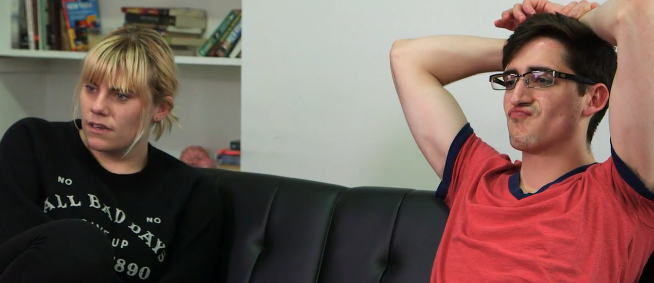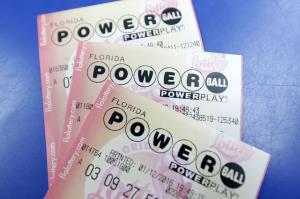Basketball players are more likely to be related to elite athletes than baseball, football players

New York Knicks' Robin Lopez is defended by his brother, Brooklyn Nets' Brook Lopez, during an NBA game in April. (AP Photo/Frank Franklin II)
http://www.newser.com/story/225714/basketball-more-than-any-other-major-sport-is-a-family-affair.html
1) What numbers are the most significant in the article for convincing soeone that basketball is unique in this instance? What role do statistics play in sports? What words help you identify the main idea of this article?
2) Why might a sibling of a professional athlete feel differently than a parent after hearing this? To what degree would a world-class musician identify with the results of this study? Why might this be a good article to read in a class of academically gifted students? Whose view is not represented in this article?
3) In what ways is this story connected to math? Politics? Harry Potter?
4) How might this story be different if the basketball rim was raised by two feet to twelve feet? In what ways would this be different if it was about actors and actresses?
5) What are basic assumptions about talent in athletics? About hard work vs. natural ability? About competition? To whom does this study matter?
Extension Activities:
1) Students can try to create a sport or change the rules to an existing sport that minimizes the effects of inherited physical ability.
2) Students can fictionalize their own life story by writing about a real or imaginary sibling who always overshadows them or who is always in their shadow.
AoK: Human Sciences
WoK: Sense Perception






